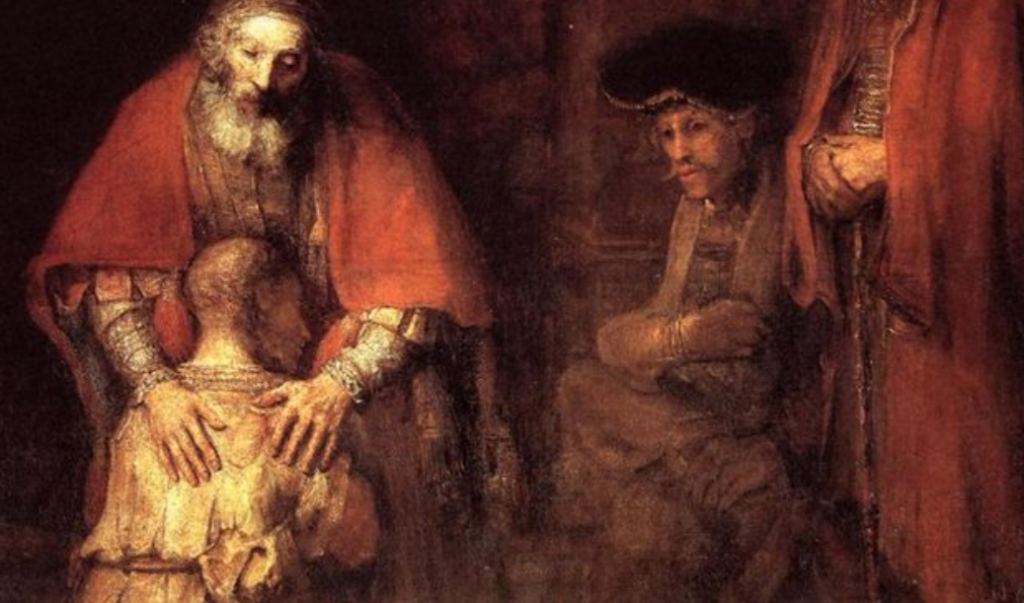Now, very often what prevents God’s grace from acting in depth in our lives, and is therefore a kind of sin, is the failure to accept ourselves as we are: our past, our mistakes, our physique, what we are on the human level, our psychological make-up, our weaknesses, and all the rest.
It isn’t easy. I do a lot of listening and spiritual accompanying, and I have heard hundreds of people say, “Father, I just can’t accept myself, I can’t bear the way I am.” Often I have even heard: “I hate myself!”
This is the opposite of humility, of spiritual childhood. Being a child means accepting ourselves as we are. We know we have plenty of limitations and imperfections, but we don’t make a production of it and we don’t turn it into a major problem. First, we know that God loves us as we are. He doesn’t love us for our achievements and successes, but because He has chosen to adopt us, each of us, as his children, and that’s that. —Father Jacques Philippe ‘The Way of Trust and Love: A Retreat Guided by St. Therese of Lisieux





Recent Comments